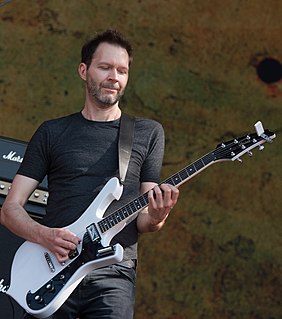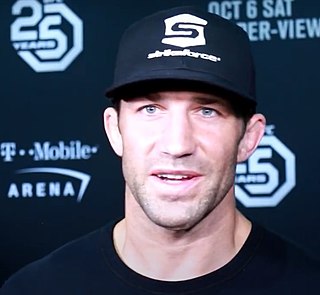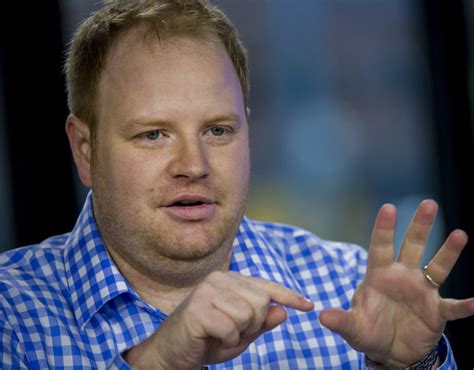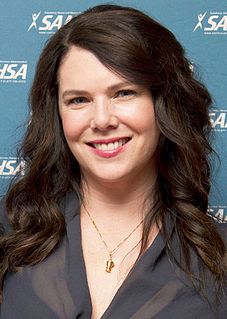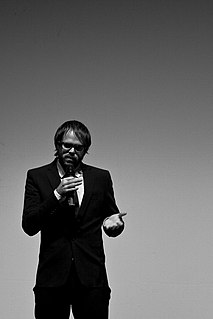A Quote by Patrick Pichette
With scale, there always becomes this tension of, how do you keep the start-up philosophy?
Related Quotes
One of the things I want to do in the book is to explore how philosophy can be done in literature. I start doing that in the first chapter, by introducing the idea of "philosophy by showing". What literature/philosophy shows is how to look at some important facets of life in a new way, thus changing the frame in which subsequent philosophical argument proceeds.
It's so easy to practice out of context. For example, if you're learning a scale, you take that scale and you sit in your room and you go up and down the fretboard, over and over. You've gotta do that, because you need to get that scale working. But you have to keep in mind that that's not the finished product. That's the starting point.
When we accept Christ we enter into three new relationships: (1) We enter into a new relationship with God. The judge becomes the father; the distant becomes the near; strangeness becomes intimacy and fear becomes love. (2) We enter into a new relationship with our fellow men. Hatred becomes love; selfishness becomes service; and bitterness becomes forgiveness. (3) We enter into a new relationship with ourselves. Weakness becomes strength; frustration becomes achievement; and tension becomes peace.
I have sometimes wondered also whether in people like me who come to the boil fast (soupe au lait, the French call this trait, like a milk soup that boils over) the tantrum is not a built-in safety valve against madness or illness. ... The fierce tension in me, when it is properly channeled, creates the good tension for work. But when it becomes unbalanced I am destructive. How to isolate that good tension is my problem these days. Or, put in another way, how to turn the heat down fast enough so the soup won't boil over!
It's a lot easier to figure out how to scale something that doesn't feel like it would scale than it is to figure out what is actually gonna work. You're much better off going after something that will work that doesn't scale, then trying to figure how to scale it up, than you are trying to figure it all out.
There have been many stones on my path, which frequently made me trip and give up, however I keep telling myself this is only momentary, I will get back up. Since it's our responsibility to return back the love that we have received from so many. That is why no matter how difficult or tough it becomes I cannot let go. And that is why no matter how difficult it becomes we are able to gain strength.
Philosophy is the art of dying.Philosophy is an activity that has always been concerned with how one seizes hold of one's mortality, and I see myself continuing a very ancient tradition that goes back to Socrates and Epicurus, which is that to be a philosopher is to try and learn how to die. In learning how to die, one learns how to live.
That's the thing that always stuck out to me - the idea that quantity becomes quality. I always took it to mean if you do anything enough, if you keep putting effort in, eventually something will happen, with or without you. You don't have to have faith when you start out, you just have to dedicate yourself to practice as if you have it.
Writing is alchemy. Dross becomes gold. Experience is transformed. Pain is changed. Suffering may become song. The ordinary or horrible is pushed by the will of the writer into grace or redemption, a prophetic wail, a screed for justice, an elegy of sadness or sorrow. ... There is always a tension between experience and the thing that finally carries it forward, bears its weight, holds it in. Without that tension, one might as well write a shopping list.
I think the big thing for Simple Plan is that we were able to keep the band members, the same five guys, the same lineup from the start. That's not easy. We grew up together. We're friends. We come from the same world. We've always had the same dreams and goals. I think we realized, as the years go by, how precious it is to have that, to build that, to see so many bands break up... it makes us realize how different we are to all that. We're really proud of that.


